Every SEO consultant needs a toolkit for the wide range of tasks their role demands.
In my case, as both an SEO consultant and the head of my own digital marketing and web positioning agency, I don’t just use SEO tools, I also need tools for managing my team of analysts, designers, and freelancers.
Without the right tools, I couldn’t deliver results for clients, coordinate with collaborators, or handle my own projects. That’s why I’m sharing the list of SEO tools I use on a daily basis.
These choices are personal to me, but each tool here has interesting alternatives that you can also try and choose from.
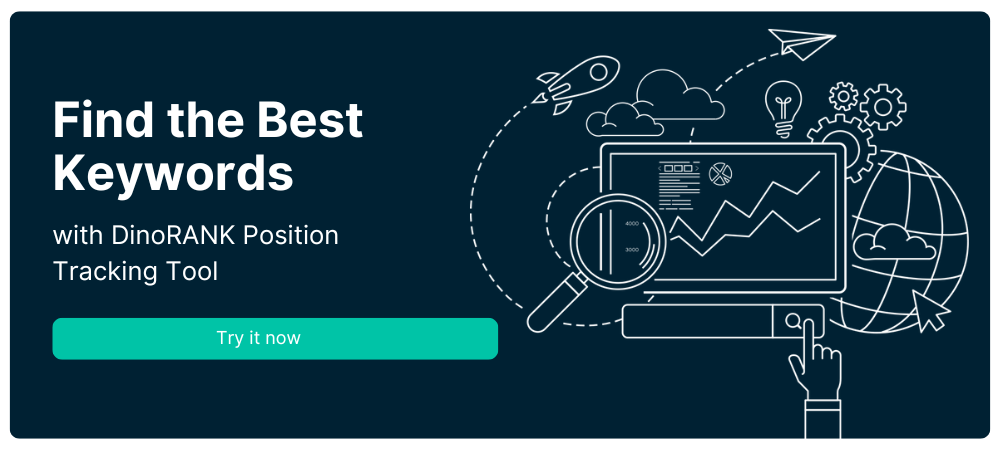
In fact, you often only need a minimal set of tools to successfully execute projects, there’s no need to overspend.
The tools I use most in my work as an SEO consultant
In this list, I’ve selected the main ones I rely on. Of course, at the agency we use many more tools for tasks like email, ads, lead management, and more, but I won’t include those here.
1. DinoRANK and DinoBRAIN
Two tools that are part of my day-to-day arsenal as an SEO.
Let’s start with the first one.
DinoRANK allows me to track the main keywords of my clients, but I also use it a lot for content optimization with its TF*IDF function, which I lovebe, because it gives me the semantic terms and keywords I need to include in my texts, to make them more complete and better optimized from an SEO perspective.
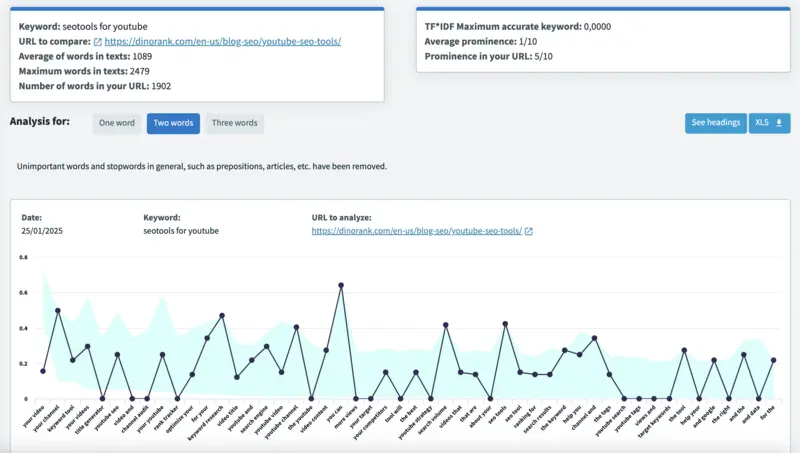
It also tells me what headings (H2, H3, etc.) my competitors are using. This way, I know what structure to follow in my content.
On top of that, I rely heavily on its keyword search features and link alerts to monitor if any backlinks drop.
I also make occasional use of other functions, like Link Building and Internal Linking.
As for DinoBRAIN, I use it to create certain pieces of content—not the full article, but enough to build a strong backbone to start writing high-quality, SEO-optimized texts for users.
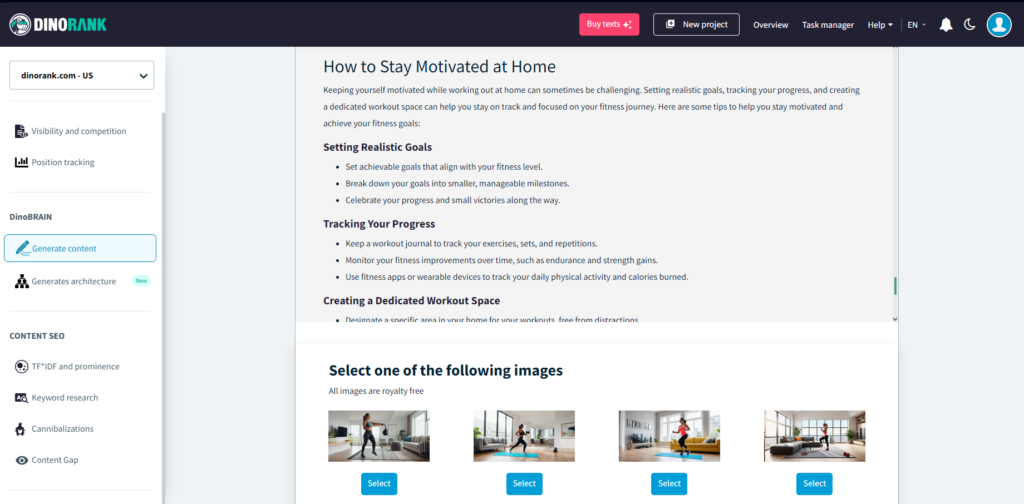
DinoBRAIN saves me a huge amount of time when creating structures, introductions, and large parts of the content.
Of course, I always review, edit, improve, and optimize every piece that the tool generates, just as I would with any other AI tool.
And I strongly recommend you do the same.
2. Google Workspace (G Suite)
The second tool—or rather, package of tools—I use is Google Workspace, formerly known as Google G Suite.
Our agency, and myself as an SEO consultant, simply couldn’t operate without Google’s tools.
- Google Drive
- Spreadsheets
- Slides
- Meet
- Calendar
- Docs
- And of course, Gmail
We use corporate email to communicate with clients and collaborators; Drive to manage all client files; Calendar and Meet for meetings; and Slides, Spreadsheets, and Docs to create presentations, audits, reports, and content, among many other tasks.
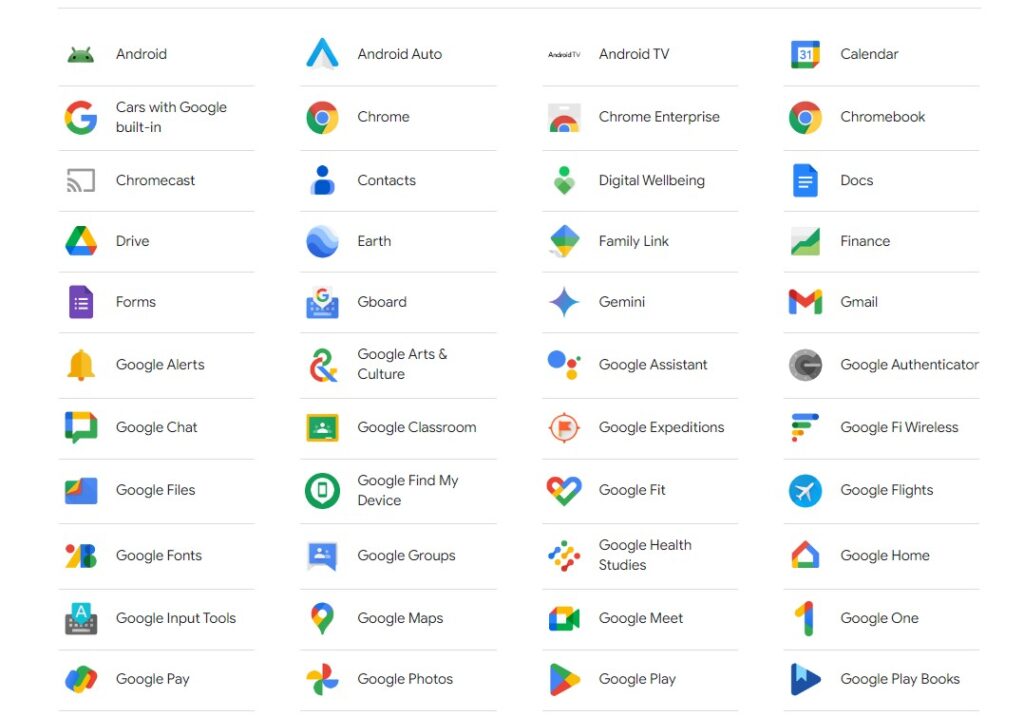
It’s a bundle of free tools available to anyone who wants them.
3. Basecamp
Many people wonder what Basecamp is.
For our agency—and for me as an SEO consultant and team leader—Basecamp is everything.
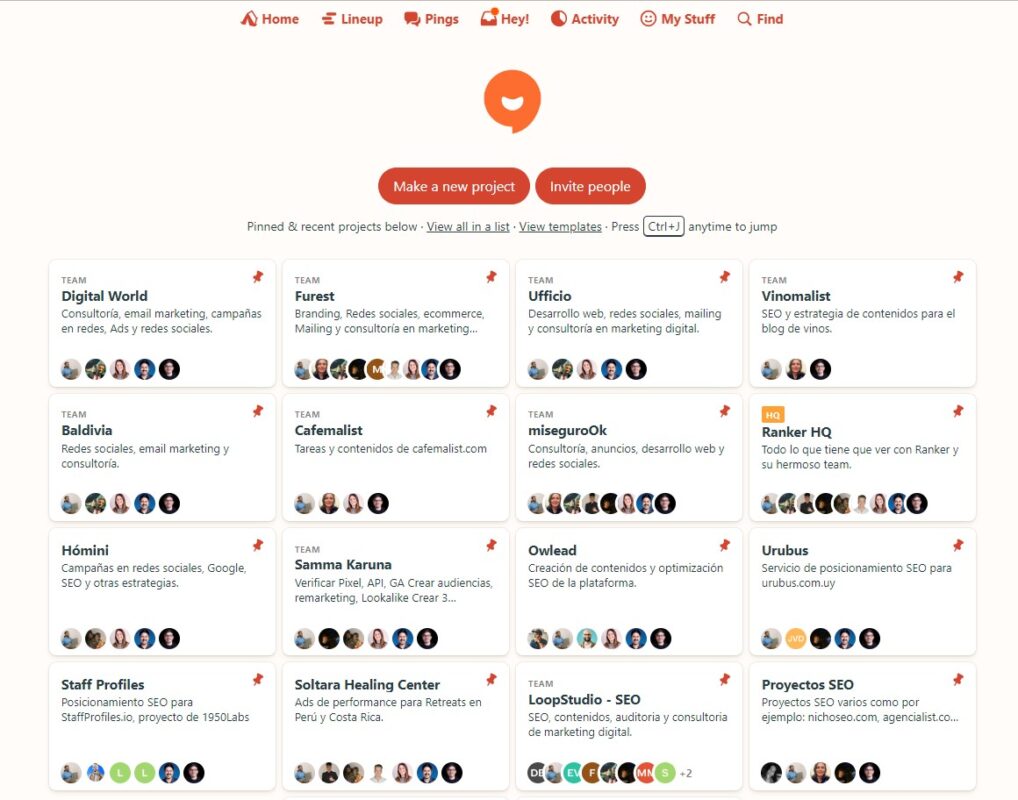
We add all our clients and in-house projects there. It’s our central hub for tasks, reports, and collaborators, all in one place.
There are similar project management tools, even free ones, like Trello, Asana, or Notion, among hundreds of others. But after testing some of them, we chose Basecamp.
I assign tasks with deadlines, upload important client documents, grant access to the company’s managers so they can see what’s been done, track overall progress, and review and coordinate SEO-related tasks with my team.
A tool like this is essential for any SEO consultant—or even for SEOs managing their own niche sites.
4. Search Console and Google Analytics
Two fundamental tools for me and for any SEO consultant.
These are definitely tools that belong directly to an SEO’s daily work.
Google Search Console is my go-to ally when I start working on a client’s site. I use it to review main URLs, queries, devices, and the overall trend of clicks and impressions.
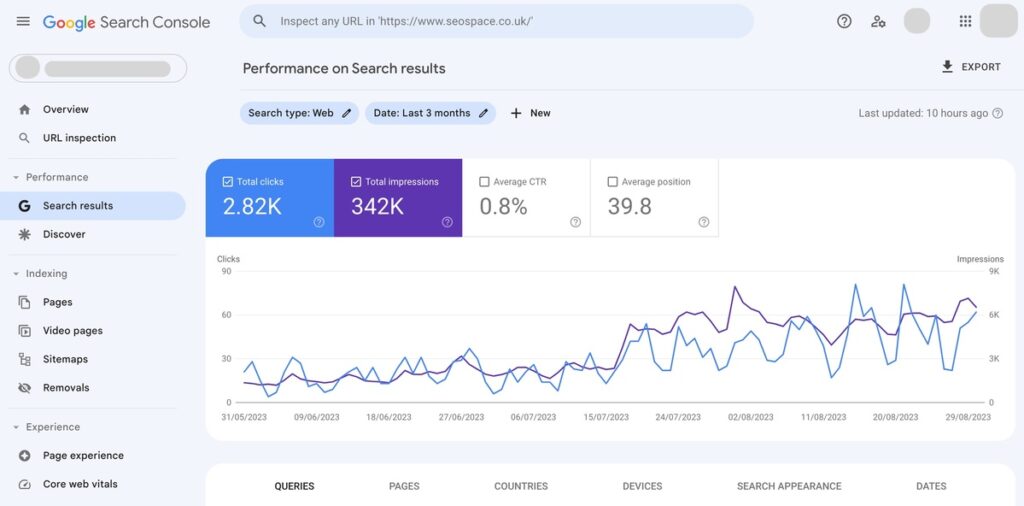
I also use it for many other tasks, like:
- Content curation
- Keyword research
- Building SEO strategies
- Understanding the niche and the site
- Submitting URLs for indexing
- Checking for improvements related to WPO
Among many others.
As for Google Analytics, it helps us track conversions, monitor traffic across all channels, and get detailed insights into how each site is acquiring visitors.
5. Ahrefs
Ahrefs is a powerful tool for analyzing competitors: their organic growth, backlinks, referring domains, complete link profiles, keywords, and much more.
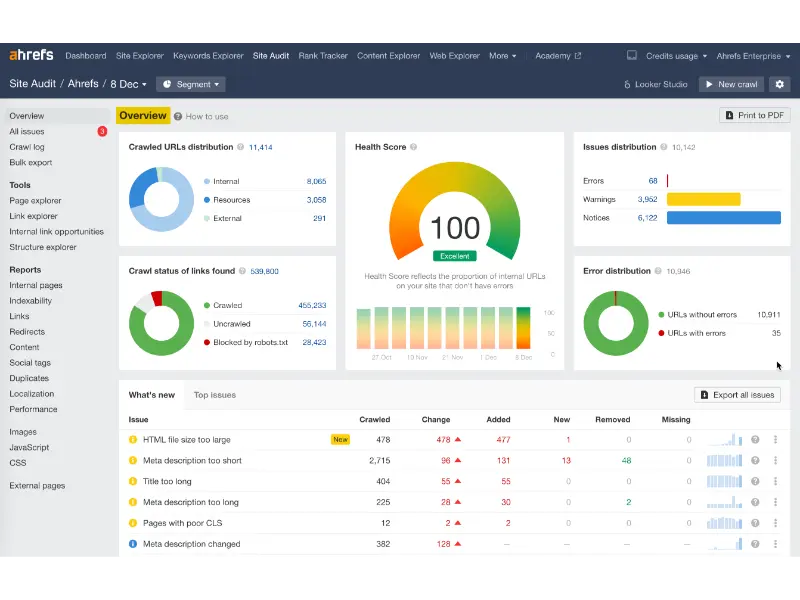
I often use Ahrefs to find replicable backlinks or to measure the value of a website when deciding whether or not to acquire a link from it.
It is also very useful for keyword research, as it has a huge database covering many countries.
🤑 The downside is that it is very expensive, and you may not end up using all of its features, considering the high price you have to pay for it.
6. Surfer
Surfer, formerly known as Surfer SEO, is another tool I consider both useful and necessary for my work as an SEO specialist.
I use it about 90% of the time to optimize content that I believe has strong potential to climb higher in the rankings with just a few tweaks.
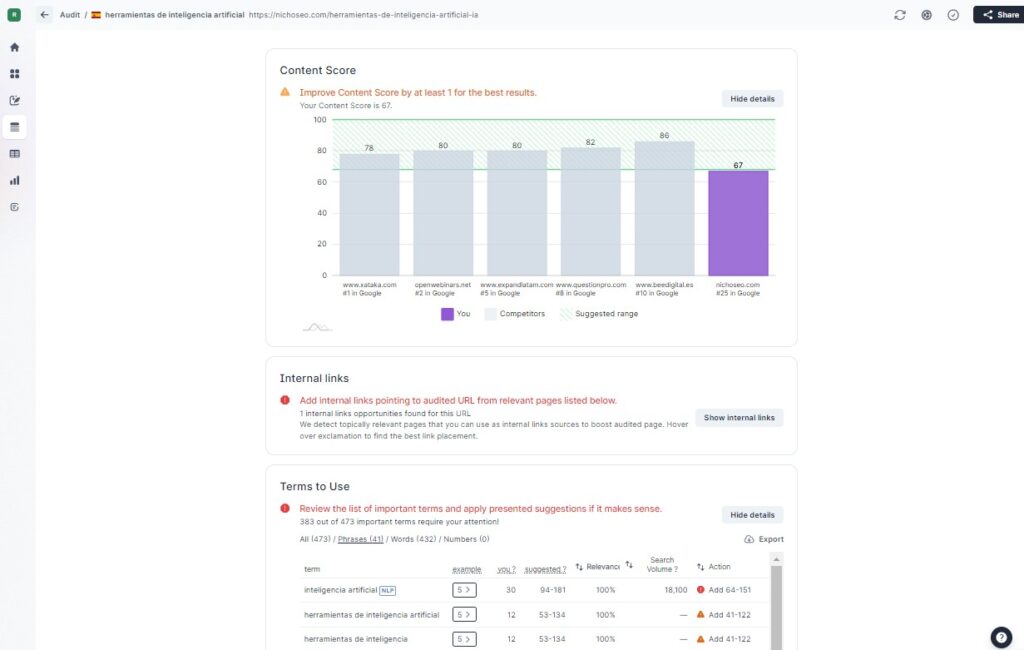
They have a function similar to DinoRANK’s TF*IDF. Surfer’s audits also compare factors such as the number of headings, the number of bold words, the number of images, backlinks, and other useful information to optimize content to the max.
It also updates your content score in real time as you implement the recommended actions, comparing it directly with the top 10 results for that specific keyword.
When my score surpasses everyone else in the top 10, I’m confident Google has a better spot waiting for me.
It’s an extraordinary tool that I often combine with the next one.
7. SEOTesting
After every optimization, it’s time to see whether it worked or not.
Google doesn’t always recognize our efforts—and sometimes it even pushes our “optimized” content down a bit.
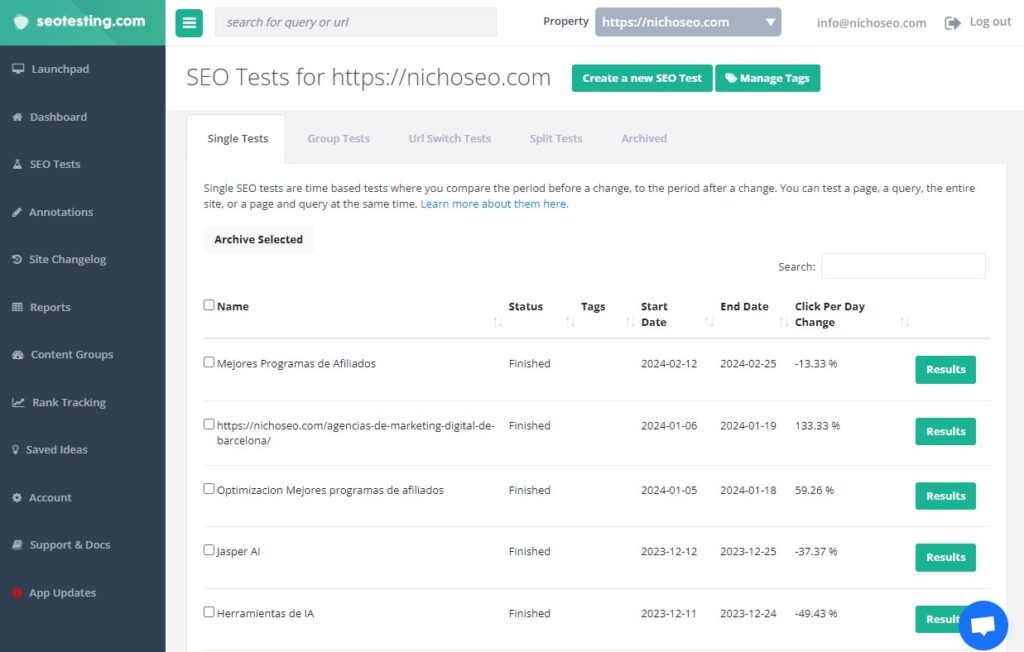
To confirm whether everything went well, I use SEOTesting.
This tool allows me to create SEO tests to check if clicks, impressions, queries, and other metrics for a specific URL (in this case, the optimized content) went up or down.
If things didn’t go as planned, I can roll back and try other actions to better align with what Google wants.
8. Screaming Frog
We can’t leave out the best tool for technical SEO and On-Page SEO.
Screaming Frog, besides being very affordable, gives you an incredibly detailed look at your entire website.
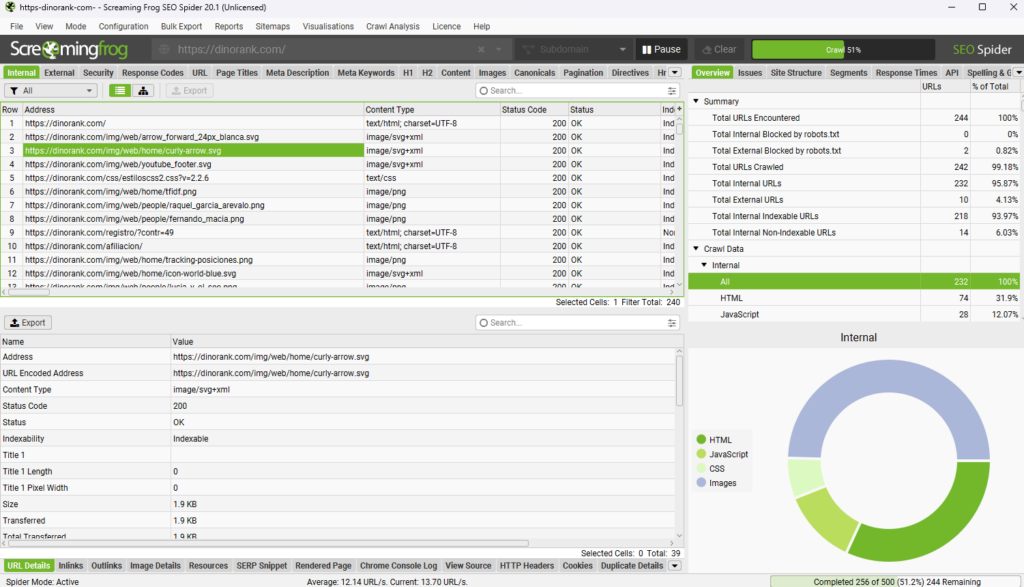
From 4XX errors, redirects, meta tags, duplicates, and cannibalizations, to images and media, response codes, load speed, and every single HTML, CSS, and JavaScript resource—it provides endless valuable data.
It’s also one of my main sources of information when planning a winning SEO strategy and conducting in-depth audits of client websites.
Screaming Frog remains that silent ally that always delivers.
Even its free version allows you to handle small to medium-sized client websites without spending a single dollar.
Conclusions
There are countless SEO consultants out there, and just as many tools to support their work.
Some prefer one set of tools, others prefer another. But one absolute truth is that every SEO consultant needs certain tools to do their job as effectively as possible.
I personally don’t trust SEOs who claim that tools aren’t necessary—I’m very skeptical of that.
I don’t know if it’s about wanting to prove their expertise, or simply because they haven’t adapted to the huge advances these tools bring to the SEO profession today.
The fact is, the tools I mentioned above are the ones I choose every single day to successfully deliver the projects that my clients entrust to me and my team.
There are thousands of tools out there, and many alternatives to each one, so it’s up to you to choose the ones that best fit your workflow and your budget.
If you’re just starting out, I recommend going for affordable or free tools.
At the very least, you’ll need a project management tool, a keyword research tool, a link building tool, a technical audit tool, and ideally, an all-in-one SEO tool like DinoRANK so you can have everything in one place.
I hope my list has been helpful and that it allows you to deliver great work for your clients. Remember: the tools you choose should be a means to an end, not the end itself, as you continue to grow in this profession.

